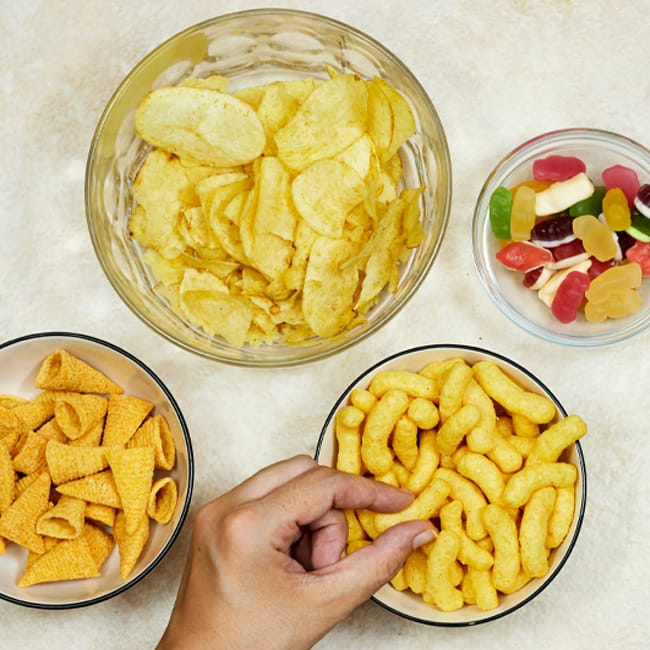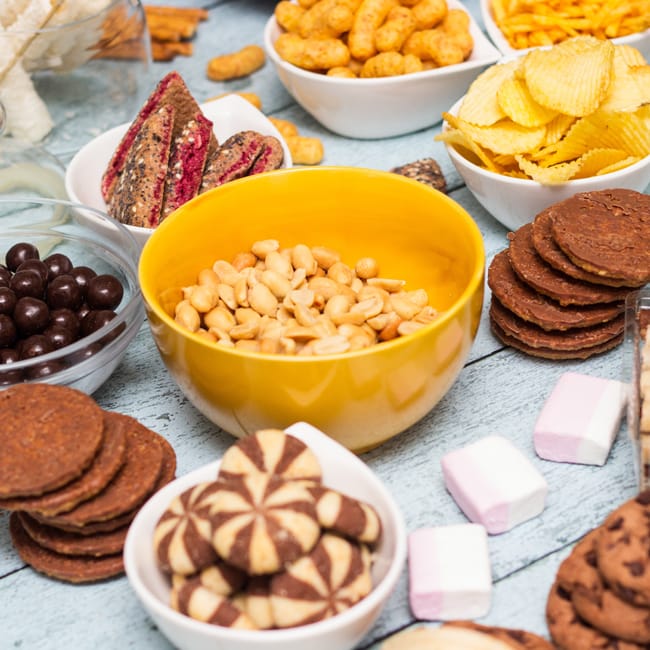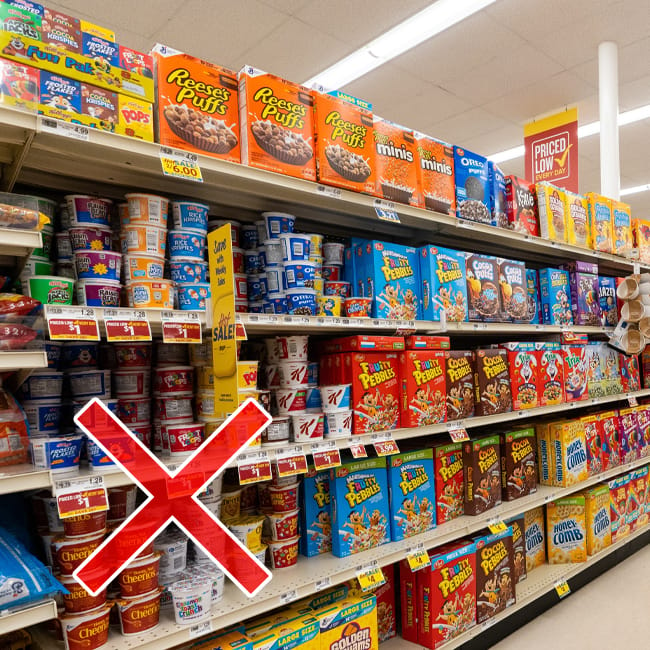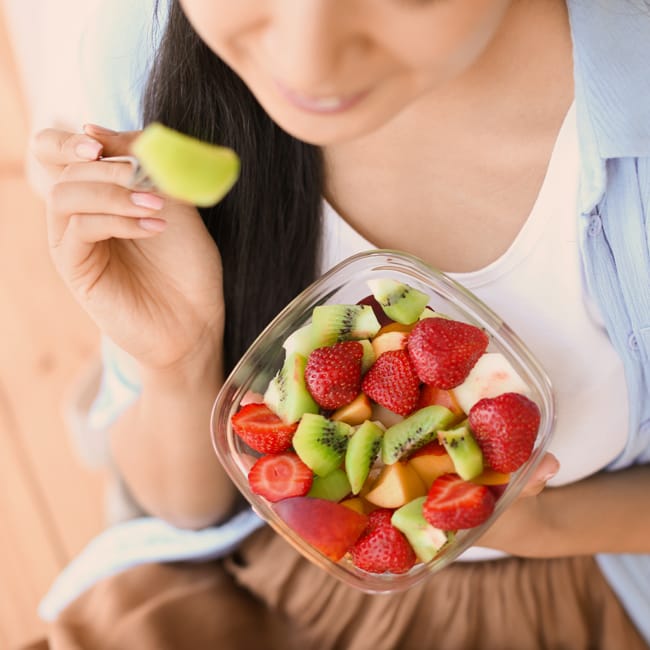When adding fruits and vegetables into your diet, it’s a safe bet that you’re hoping for them to improve your overall health, not make it worse. Across the board these foods are packed with nutrients that can help to increase satiety and improve digestion, but somewhere along the way some fruits and vegetables may also be the root cause of issues such as bloating and inflammation. While eating these foods can still provide your body with a number of nutritional benefits, if you’re suffering from chronic bloating it may be worth consulting the list below to make some small adjustments to your diet and see if reducing your intake can smooth your digestion and rid your body of bloat.


Apples
The old saying goes “an apple a day keeps the doctor away” and while apples are packed with a variety of great nutrients, they’re not so great if you struggle regularly with bloating. “Apples tend to be higher in fructose and fibre which can both be fermented in the large intestine, leading to increased gas and bloating,” explains Elysia Cartlidge, MAN, RD and Founder of Haute & Healthy Living.
But just because certain foods cause bloating doesn’t mean you must entirely eliminate them from your diet. “If you love your apples but don’t want to fully give them up, try eating half the apple and chewing it slowly. This will help reduce the amount of fructose you’re consuming and give your body a chance to properly digest the apple,” suggests Cartlidge.
Cruciferous Vegetables
Cruciferous veggies such as broccoli, cauliflower and brussel sprouts are some of the worst offenders when it comes to causing bloating and digestive issues. This is because they’re a high FODMAP food, meaning that they’re rich in a short-chain carbohydrate that is generally difficult for the body to digest, leading to a buildup of gas. “Rather than being absorbed into your bloodstream, they extend to the far end of your intestine, where the majority of your gut bacteria live,” explains Cartlidge. “Your gut bacteria use these carbs for fuel and produce hydrogen gas, which causes digestive symptoms, such as bloating and gas in some individuals who are sensitive.”
Swapping out cruciferous vegetables for lower FODMAP foods such as cucumber, zucchini and spinach can help to relieve your stomach, but Cartlidge also suggests cooking these vegetables rather than having them raw as this can make them easier to digest. It’s worth noting that cruciferous vegetables are rich in vitamins C and K, as well as iron and potassium.

Onion
Onions are a staple ingredient for many meals, making it easy for them to slide under the radar in terms of the inflammation they may cause within your body. “Onions [are] especially high in fructans, which are a type of soluble fibre that tends to cause bloating. Onions, particularly raw onions, contain other compounds that some individuals are sensitive to as well, which may heighten digestive discomfort,” notes Cartlidge.
While raw onions undeniably taste delicious in salads and on burgers, one way to reduce the bloating effect they have on your body is by cooking them. Not to mention you can then add some extra spices and herbs to enhance the flavor without suffering from an inflamed gut.
Cherries
Often enjoyed more in the summer months, cherries are unfortunately another culprit for inflammation due to their high sugar content. “Sometimes, not all of the sugar gets completely absorbed in the small intestine, and instead winds up getting stuck in the large intestine, which can cause increased bloating and inflammation,” explains Cartlidge. “To prevent this from happening and help your body completely digest the sugar so that it doesn’t wind up in the large intestine, be sure to chew cherries (and other higher sugar fruits) as thoroughly as possible.” Staying aware of your portion sizes and making sure not to consume cherries in excess can also help to limit bloating and cut down on your sugar intake for the day.


























